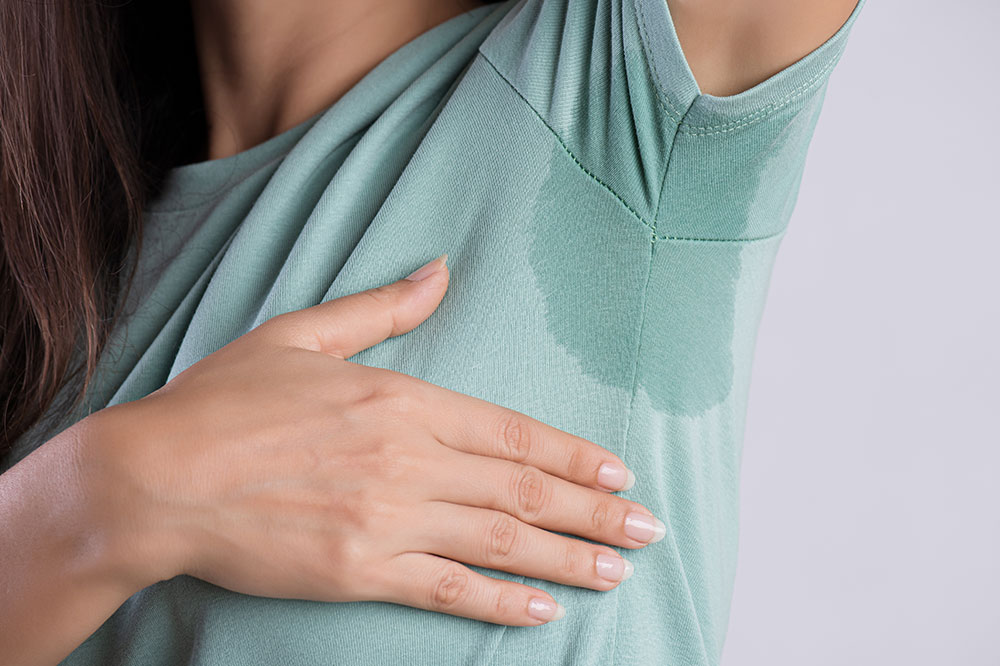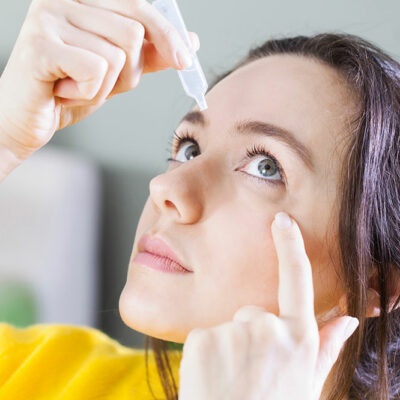
Ways to Stop Excessive Sweating
Hyperhidrosis or excessive sweating is different from the sweating you experience as an outcome of exercise or heat. In this disease, sweat can drips off your hands and soak your clothes. This can be a cause of embarrassment and social anxiety. So, how to stop heavy sweating? Read below to find out.
Treatment options
1. Apply antiperspirant before going to bed
Antiperspirants block sweat ducts, preventing sweat from reaching the skin’s surface. This does not stop heavy sweating, but it won’t appear on the skin. Deodorants mask the smell produced by the bacteria on sweating. Some antiperspirants also have deodorants in them. For best results, ensure that your underarms are dry and clean when you apply antiperspirant. You can reapply before sleeping as they take time to be effective. Regular application can assure positive results soon.
2. Botulinum toxin injection
This treatment can temporarily block nerves that trigger sweating. The skin is first anesthetized, following which botulinum toxin is injected into the affected area. This treatment stays effective for 6 to 12 months. Following this, the process needs to be repeated. It is a painful treatment and can cause muscle weakness.
3. Iontophoresis (the no-sweat machine)
This is the best treatment option if heavy sweating affects your feet or/and hands. It is an at-home treatment, wherein you have to immerse your arms and feet in a shallow pan filled with tap water. The no-sweat machine sends a low-voltage current through the water. This current curtails sweat glands temporarily. It is a time-consuming method but is undoubtedly effective. You may need six to ten sessions. However, it can cause dry skin and skin irritation.
Medications
Certain medications, too, can help combat excessive sweating.
1. Qbrexza (glycopyrronium)
It is a medicated cloth that helps control underarm sweating. You can use this anticholinergic cloth daily. This may have side effects, such as skin dryness, sore throat, headache, or burning sensation. If the medicine comes in contact with your eyes, it may result in blurry vision or temporary pupil dilation.
2. Glycopyrrolate
It is an oral medication for primary hyperhidrosis. Its side effects include headaches, oral dryness, and heart palpitations. Hence, you should never take it without a doctor’s consultation.
3. Other medications
Other medications include antidepressants and nerve-blocking medications that lower the functioning of overactive sweat glands.
Lifestyle changes such as wearing breathable clothing like linen or cotton can also help with controlling heavy sweating.


